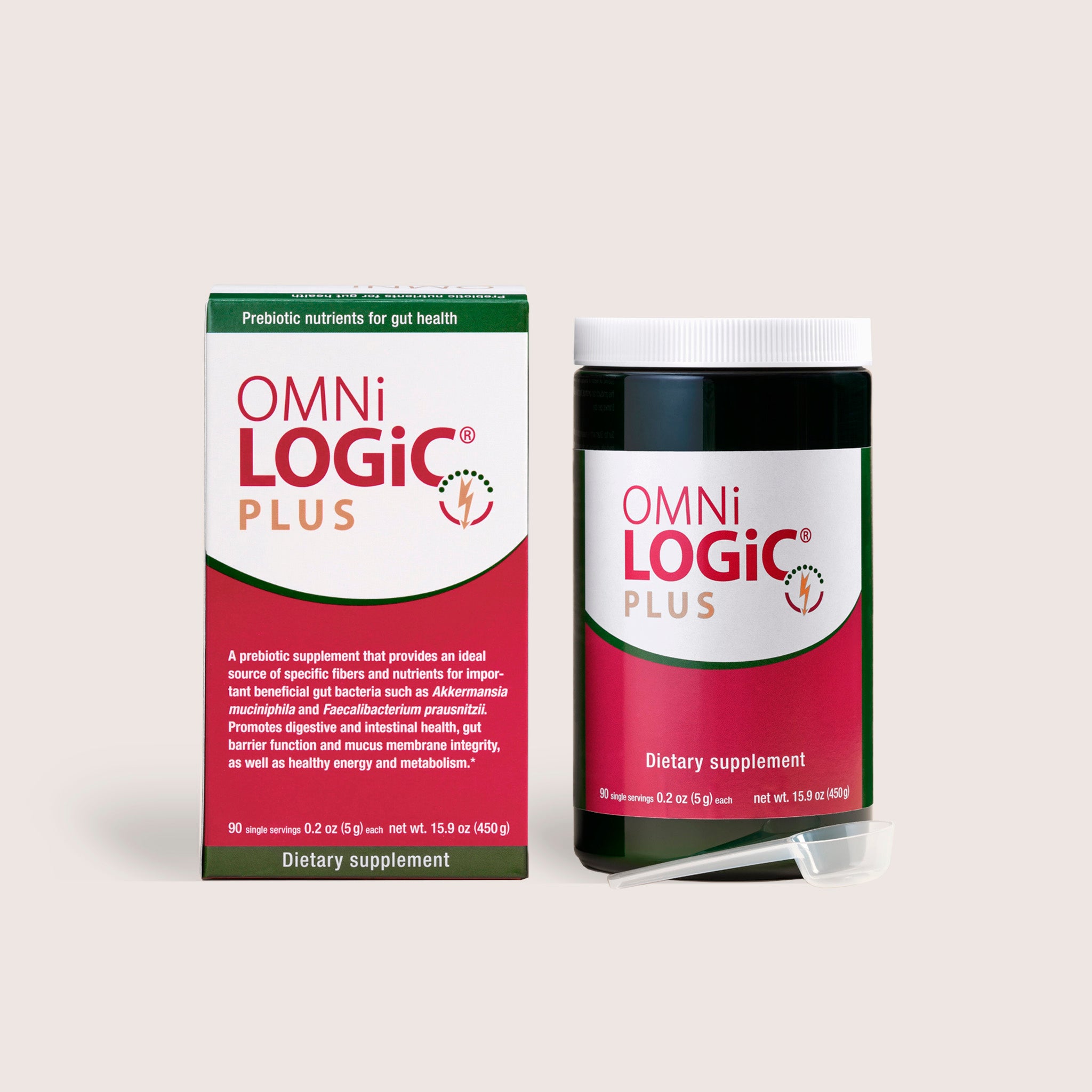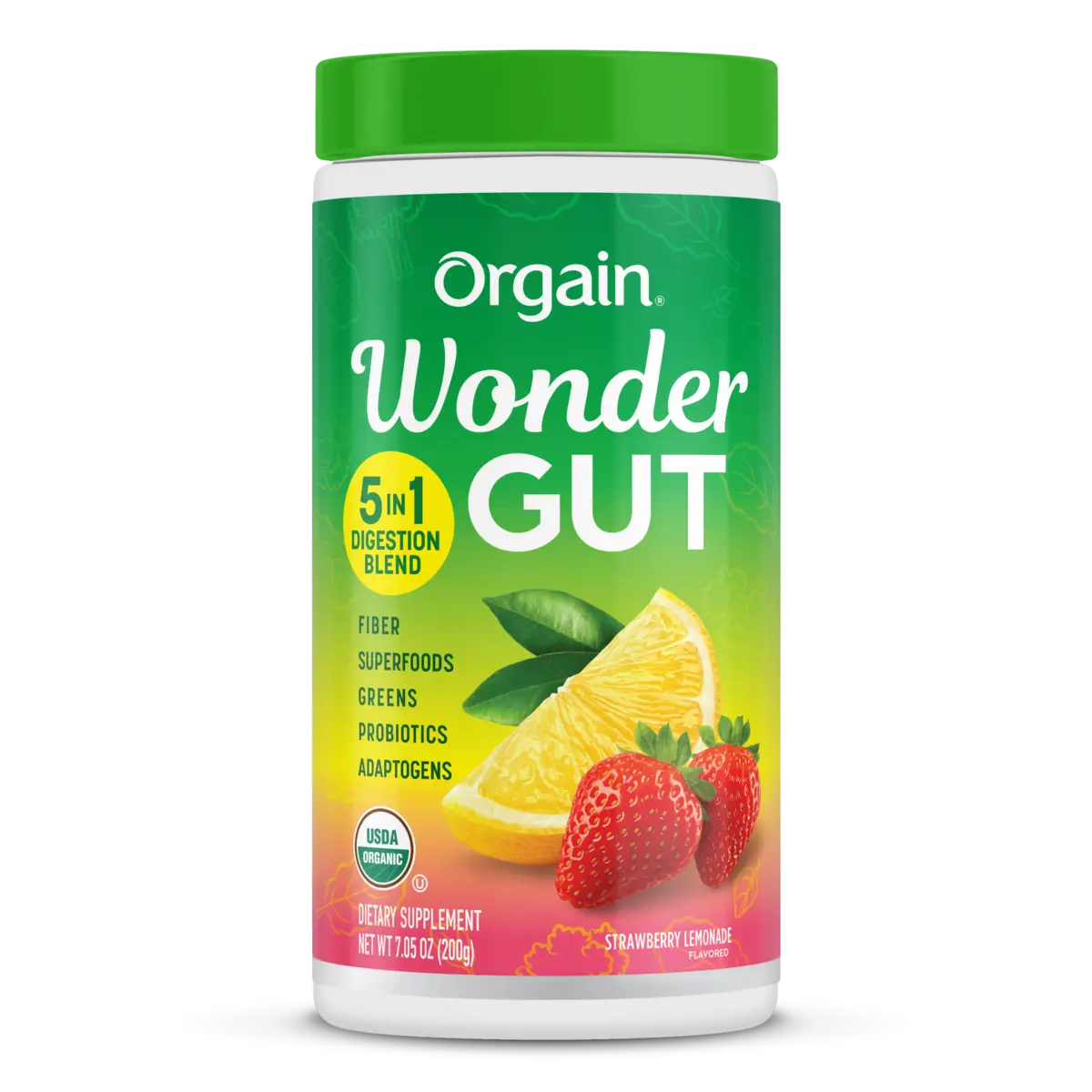Checking out the Causes and Effects of Gut Issues and the Function of Intestine Wellness Supplement
Intestine health is a crucial aspect of total wellness. Poor nutritional selections, tension, and inequalities in intestine germs can cause numerous digestive system issues. Symptoms such as bloating, diarrhea, and abdominal pain typically suggest much deeper health and wellness concerns. Recognizing these causes and the possible role of gut wellness supplements might provide important insights. What techniques can be employed to bring back balance and enhance intestine feature? The responses may depend on the next steps.
Recognizing the Gut Microbiome
The digestive tract microbiome, a complicated community of trillions of microorganisms residing in the digestive system system, plays a crucial function in total health and wellness. This varied community contains germs, infections, fungis, and various other microorganisms that interact symbiotically with the human host. They help in the food digestion of food, the synthesis of vitamins, and the guideline of metabolic rate. Furthermore, the digestive tract microbiome substantially influences the body immune system, helping to shield versus pathogens and preserve a well balanced inflammatory response. Research indicates that a healthy microbiome is vital for mental health, with gut-brain communications impacting mood and actions. Factors such as diet, lifestyle, and ecological exposures can shape the composition of the microbiome, highlighting the significance of maintaining a balanced diet regimen abundant in fiber and probiotics. Comprehending this detailed ecosystem offers insights into how gut health can affect overall physical and mental wellness, highlighting its importance in health and wellness management.
Common Reasons For Digestive System Issues
Although numerous aspects can add to gastrointestinal concerns, certain typical causes often interrupt intestine wellness. Poor nutritional options, such as high sugar and refined food consumption, can lead to imbalances in digestive tract bacteria. In addition, insufficient fiber intake can prevent food digestion and advertise bowel irregularity. Stress is an additional considerable aspect, as it can change gut function and worsen existing problems. Absence of physical activity may reduce down the digestion system, triggering pain and bloating.
Infections, consisting of microbial, viral, or parasitical representatives, can additionally trigger intestinal disturbances. Food intolerances and allergic reactions, particularly to gluten and lactose, generally result in digestion discomfort. Lastly, the abuse of antibiotics can interrupt the all-natural microbiome, causing further difficulties. Recognizing these common causes is crucial for individuals looking for to improve their gut health and general health.
Identifying Signs of Gut Issues
Identifying signs and symptoms of gut troubles can be crucial for timely intervention and enhanced health and wellness. Individuals experiencing gastrointestinal discomfort must be aware of numerous usual indicators that suggest underlying problems. Symptoms may consist of bloating, gas, looseness of the bowels, irregularity, and abdominal discomfort. These symptoms can vary in intensity and frequency, often showing the severity of the intestine trouble. In addition, some individuals might observe unexpected weight-loss, exhaustion, or adjustments in hunger, which could signal a more significant condition. Skin concerns, such as rashes or acne, may additionally develop, linking digestive tract wellness to general health. Notably, relentless signs and symptoms ought to not be disregarded, as early recognition can promote effective therapy and avoid further issues. A comprehensive understanding of one's bodily signals is necessary, enabling people to look for clinical suggestions when necessary and potentially resulting in better wellness outcomes via appropriate treatments.
The Influence of Diet Plan on Digestive Tract Health
Diet regimen plays a vital role in figuring out digestive tract health and wellness, influencing both microbial equilibrium and gastrointestinal performance. Nutrient-rich foods can promote a healthy digestive tract setting, while refined foods might cause discrepancies and digestive concerns. Understanding these nutritional impacts is essential for preserving general intestine wellness.
Nutrient-Rich Foods
While several variables affect digestive tract health, the duty of nutrient-rich foods can not be overemphasized. A diet plan plentiful in entire foods, such as fruits, vegetables, whole grains, lean healthy proteins, and healthy and balanced fats, contributes greatly to maintaining a well balanced intestine microbiome. These foods provide crucial vitamins, minerals, and anti-oxidants that support digestive health and decrease inflammation. Fiber-rich alternatives, specifically, promote routine defecation and nurture beneficial gut bacteria, boosting total gut feature. Probiotic-rich foods like yogurt and fermented vegetables better support intestine plants, assisting food digestion. Incorporating a selection of nutrient-dense foods not only cultivates a healthy gut setting however also reinforces the immune system, adding to overall wellness. Prioritizing these foods can bring about improved digestive tract wellness and avoid potential problems.
Refined Food Impacts
The consumption of processed foods can considerably undermine intestine health, combating the benefits of nutrient-rich choices. These foods are typically high in sugars, preservatives, and additives, which can interrupt the equilibrium of gut microbiota. A diet plan rich in refined items often tends to do not have vital nutrients, resulting in shortages that endanger digestive feature. Too much sugar and unhealthy fats can promote swelling and contribute to problems like cranky bowel disorder (IBS) and dripping digestive tract syndrome. my response This imbalance may result in signs such as gas, bloating, and discomfort. In addition, the low fiber material in refined foods diminishes digestive system wellness by limiting the development of beneficial germs. Ultimately, a change towards whole, unprocessed foods is vital for preserving excellent gut function and total wellness
How Anxiety Influences Food Digestion
Anxiety substantially affects digestion by setting off a cascade of physiological feedbacks that can interfere with normal gastrointestinal feature. When an individual experiences anxiety, the body goes into a fight-or-flight setting, releasing hormonal agents such as cortisol and adrenaline. These hormones can reduce food digestion by reducing blood flow to the digestive system organs, resulting in signs and symptoms such as bloating, looseness of the bowels, or constipation.
Tension can modify the gut microbiome, adversely impacting the equilibrium of beneficial microorganisms. This imbalance can exacerbate existing digestive tract problems or develop brand-new ones. In addition, anxiety frequently leads to harmful eating routines, such as overindulging or consuming refined foods, which can further jeopardize digestion wellness.
Emotional factors, such as anxiousness and anxiety, can additionally add to intestinal pain, creating a feedback loop that continues gut issues. Therefore, recognizing the intricate connection between stress and anxiety and digestion is essential for maintaining total digestive tract wellness.
The Role of Digestive Tract Wellness Supplements
Gut wellness supplements play a considerable function in enhancing digestive system function and overall health. Secret active ingredients, such as probiotics and prebiotics, are essential for preserving a well balanced gut microbiome. Recognizing the advantages and components of these supplements can help individuals in making educated selections for their gastrointestinal wellness.
Benefits of Digestive Tract Supplements
A flourishing digestive system is important for general health and wellness, and digestive tract wellness supplements can play a significant duty in attaining this equilibrium. These supplements often contain probiotics, prebiotics, and various nutrients that sustain digestive system feature and promote a healthy gut microbiome. By improving the development of useful bacteria, they can enhance food digestion, lower bloating, and reduce discomfort connected with stomach problems. Additionally, intestine supplements may enhance the digestive tract obstacle, possibly minimizing the threat of food sensitivities and inflammatory problems. Normal usage can also contribute to improved nutrient absorption, power levels, and also mental wellness, as digestive tract health is closely connected to state of mind regulation. Ultimately, incorporating digestive tract wellness supplements can be a tactical technique to keeping digestive system consistency and general health.

Trick Ingredients to Think About
When choosing intestine health supplements, recognizing the vital components is vital for maximizing their benefits. Probiotics, especially Lactobacillus and Bifidobacterium strains, are necessary as they aid restore a well balanced intestine microbiome. Prebiotics, such as inulin and fructooligosaccharides, function as food for these valuable germs, advertising their growth. Digestion enzymes, consisting of amylase and protease, help in damaging down food, improving nutrient absorption. Furthermore, fiber resources like psyllium husk support routine defecation and general intestine health. Various other advantageous active ingredients might consist of L-glutamine, which assists out of commission intestine cellular lining, and zinc, understood for its immune-supporting residential or commercial properties. Selecting supplements with these essential elements can greatly enhance digestive tract wellness and total well-being.
Tips for Maintaining a Healthy And Balanced Intestine
Keeping a healthy and balanced intestine is important for total health, as it plays an essential role in food digestion, immunity, and nutrient absorption. To support digestive tract health, people should focus on a well balanced diet plan rich in fiber from fruits, vegetables, and whole grains. These foods advertise useful microorganisms in the digestive tract. Additionally, incorporating fermented foods such as kefir, sauerkraut, and yogurt can improve intestine vegetation variety. Staying hydrated is also vital, as sufficient water intake help food digestion and nutrient transportation.
Normal physical task adds to gut wellness by promoting effective digestion and minimizing anxiety, which can adversely impact digestive tract function. In addition, handling tension via mindfulness practices like meditation or yoga can also support gut health and wellness. Lastly, preventing excessive usage of antibiotics and restricting processed foods, sugars, and harmful fats can promote a balanced intestine setting. By embracing these practices, people can significantly enhance their gut health and general wellness.
Regularly Asked Inquiries

Can Intestine Health And Wellness Influence Mental Health And Wellness and State Of Mind Security?
Research indicates a significant link between digestive tract health and psychological health. The intestine microbiome can affect state of mind security and mental health, suggesting that keeping a healthy gut may contribute favorably to emotional durability and cognitive feature.
Exist Specific Foods to Stay Clear Of for Better Digestive Tract Wellness?
Certain foods can adversely influence intestine health, including processed sugars, sweetening agents, and high-fat milk items. Lowering these things might improve gastrointestinal click here to read function and promote a much healthier gut microbiome, bring about in general much better health.
How much time Does It Consider Gut Health And Wellness Supplements to Program Effects?
The duration for gut wellness supplements to demonstrate impacts see this website differs amongst people. Typically, noticeable modifications may take place within a couple of weeks, yet some individuals may need several months for perfect outcomes, relying on their one-of-a-kind wellness conditions.
Can Children Experience Intestine Concerns Similar to Adults?

Kids can experience gut concerns similar to grownups, consisting of pain, bloating, and uneven digestive tract motions (supplement for bloating). Aspects such as diet plan, stress, and infections may contribute to these problems, making understanding and management necessary for their health and wellness
What Are the Long-Term Effects of Unattended Gut Troubles?

Fiber-rich choices, especially, promote normal bowel movements and nourish beneficial intestine bacteria, boosting general gut function. A prospering digestion system is essential for total health and wellness, and digestive tract health and wellness supplements can play a significant role in achieving this equilibrium. In addition, intestine supplements may reinforce the digestive tract obstacle, potentially minimizing the risk of food sensitivities and inflammatory conditions (supplement for bloating). Normal physical activity contributes to digestive tract health and wellness by promoting effective food digestion and lowering stress, which can adversely affect gut feature. Certain foods can negatively impact intestine health and wellness, consisting of processed sugars, artificial sweeteners, and high-fat dairy products